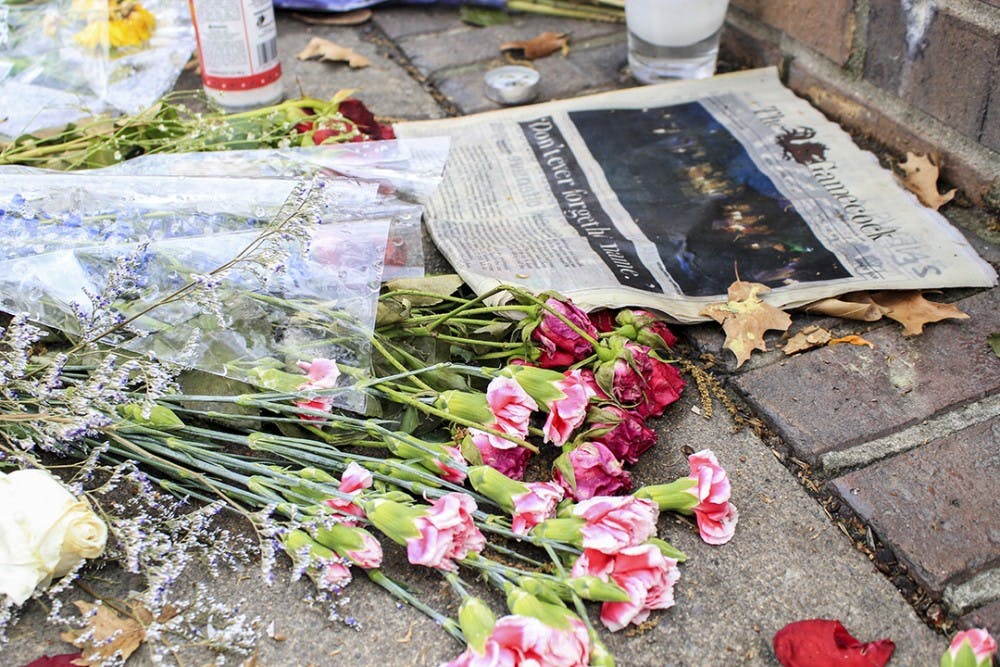In light of recent tragedies, students now look to USC for protection outside of campus — specifically, in Five Points. There have been some policies put up for consideration, but students are largely unaware of them.
In addition to encouraging the use of a ride-sharing app that allows student drivers to be selected by their peers, USC could more widely publicize and expand its transportation services. USC already has a shuttle that, according to its website, “runs from 10:30 p.m. to 2:30 a.m. on Thursday, Friday and Saturday nights” and drops off students at various on and off-campus locations.
Likewise, members of the Iota Mu Chapter of Alpha Phi Omega National Service Fraternity pick up students and drop them off at any on-campus location from 8 p.m. to midnight on weekdays. The Columbia Police Department established a “drop-off/pick-up zone” for ride-share vehicles, but because students have not been reminded of such services since the beginning of the year, many are uninformed of their existence.
Though both USC and the Columbia Police Department have worked hard to increase security for students, many students don’t know their options. Ignorance of established safety precautions can nullify the preventative measures. Having information online does not guarantee student awareness.
USC should prioritize student understanding of the services offered to them. Mentioning programs at the beginning of the school year does not ensure student retainment or even comprehension. Making safety a priority requires continual communication between the university and students.
Whenever tragedies occur, we like to search for solutions. A new app does not guarantee safety and could perhaps cause more confusion when it comes to determining whether or not a car is your safe ride home.
Safety awareness is important, but it is not a definitive assurance of security. Even when students take all the correct precautions, criminals will still disrupt our lives without warning or consent. We look for something to blame, hoping to force one man’s cruelty into our logic, removing the sadism of the criminal and shifting our anger instead to campus policy and police programs.
Within these cries for change, let us not forget our cause.
In the creation of new safety initiatives, we should not become so enraged at wrongdoing that we shift blame from criminals to those who simply try to protect us. We as students should have high expectations of our university and police officers, but also take time to further appreciate them in these instances of grief. As we move on from tragedy, let us take a moment to mourn, rather than simply look for solutions.

